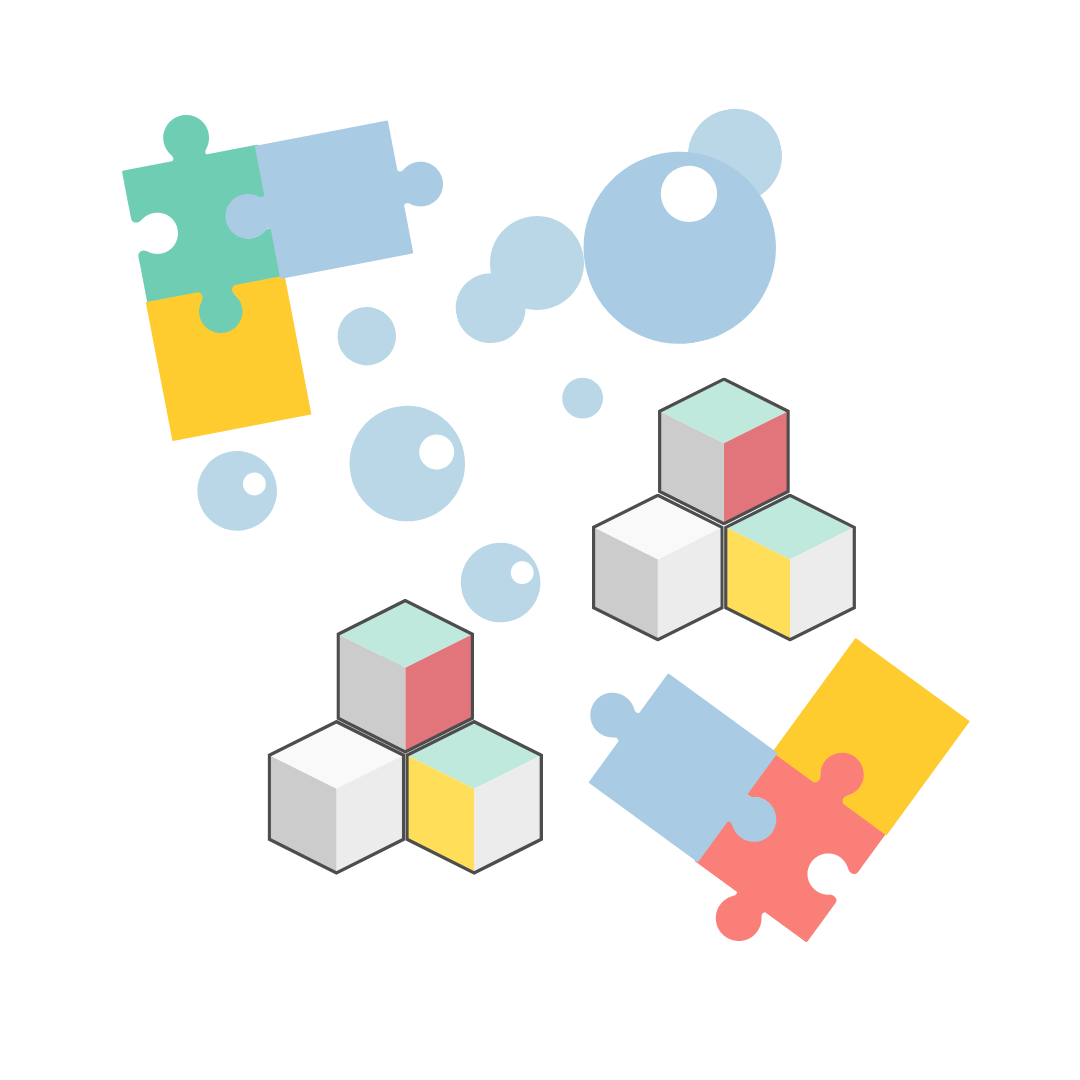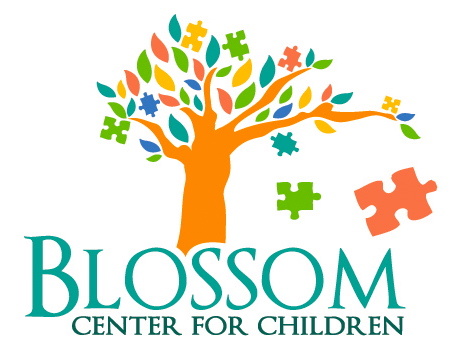Frequently Asked Questions
Have questions about Autism Spectrum Disorder?
View answers to some of the most common asked questions among parents.
What is autism spectrum disorder (ASD)?
Autism spectrum disorder (ASD) is a neurodevelopmental disorder (brain-based). ASD results in deficits in social communication and interactions as well as the presence of restricted and repetitive behaviors, interests or activities.
What are the symptoms of ASD?
The spectrum of challenges and symptoms of ASD range from mild to severe. Common signs of ASD are:
- Avoidance of eye contact
- Delayed language development
- Restricted interests
- Resistance to minor changes in routines
- Repetitive behaviors (flapping, rocking, spinning, etc.)
- Persistent preference for solitude
For more information, visit www.autismspeaks.org/signs-autism.
How is ASD diagnosed?
First a screening is completed. The most widely accepted screening tool is the Modified Checklist for Autism in Toddlers, Revised (M-CHAT-R). The results from the MCHAT-R will indicate if further evaluation is needed.
If the screening tool identifies an area of concern, a formal developmental evaluation may be needed. This is typically done by a trained specialist such as a developmental pediatrician, child psychologist or other specialist. Most often an Autism Diagnostic Observation Schedule (ADOS) is conducted as well as other formal developmental evaluation methods.
Blossom offers autism screening and diagnostic assessments – scheduling immediately!
What is a typical day like at Blossom?
As a treatment approach, our foundation is in play. While the general structure of days is relatively consistent (pick-up/drop-off time, therapist switches, lunch, etc.), what activities make up a day change all the time because we follow each child’s current motivation to achieve accelerated results!
For example, one day we may have a client who is really motivated to do an obstacle course while in another moment that same client wants to play an imaginary monster game.
Motivation changes minute to minute so our days tend to look different every single day. What can be expected in a day at Blossom is FUN, lots of FUN!!!
What does a day of ABA therapy look like at Blossom?
Each day at Blossom for our kiddos looks different than the one before. While arrival, therapist switches, lunch and pick-up times are consistent, the activities that occur within each day depend on the kiddo and their preferences. At Blossom, we rely on the motivation, desires and individualized skill needs to guide their day.
What should I expect on my child's first day at Blossom?
The first day at Blossom is approached with the understanding that it’s a transition and a new place! On the first day, you will meet your therapist team and see your child’s assigned therapy room. We will ensure that all the necessary items are available (change of clothes, lunch, snacks, etc.) for your child during the day. Programming will start the first day of treatment but our clinicians prepare for this accordingly so that the environment remains reinforcing and motivating. You will get a full report of the day and data will be available via your Rethink parent portal.
What is an RBT?
The Registered Behavior Technician® (RBT®) is a paraprofessional certification in behavior analysis. RBTs assist in delivering behavior analysis services and practice under the direction and close supervision of an RBT Supervisor and/or an RBT Requirements Coordinator, who are responsible for all work RBTs perform (Bacb.com). At Blossom, our RBTs complete an additional training that is performance-based (not time-based) so that when they complete training, they are qualified to deliver services.
What is a BCBA?
The Board Certified Behavior Analyst® (BCBA®) is a graduate-level certification in behavior analysis. Professionals certified at the BCBA level are independent practitioners who provide behavior-analytic services (Bacb.com)
How common is Autism?
What are signs of Autism?
When is the best time to start ABA for my child?
While ABA is effective at any point, the optimal time to enter a comprehensive ABA program is as soon as possible. We recommend entry between 0-6 years old!
How long will I have to put my child in ABA?
The duration in ABA services in highly individualized to each child’s unique needs. At Blossom, we constantly track and analyze our kiddos progress so parents know that they are consistently making progress and if not, problem solving occurs immediately. By tracking outcomes, our kiddos can meet their goals quickly and more efficiently!
Will I receive parent support?
Yes! Parents and caregivers are a huge priority to our approach. It’s important that the treatment team (BCBAs, RBTs, parents and other caregivers) has ongoing communication so that we can problem solve and implement teaching that is meaningful to your kiddo. Our BCBAs are available to problem solve anything happening at home, in the community and any other setting parents need assistance with! In addition to ongoing communication, parents are also included in at least (could be more) 2 hours of parent/caregiver sessions monthly. These may be in session or out of session, it just depends on what the current needs/priorities are! Lastly, we have an open-door policy- parents are welcome to shadow sessions anytime and we conduct parent support groups once a month!
What is the difference between play-based ABA & play therapy?
While there are definitely some cross-overs and similarities between play-based ABA and play therapy, it’s important to provide clarity to the differences! Within a play-based ABA model, clear, objective and individualized treatment goals are established and worked towards. Data and ongoing progress monitoring is a core component to a play-based ABA model.
What is ADOS & how is it conducted?
The ADOS-2 is a semi-structured, standardized assessment instrument that includes many play-based activities designed to obtain information in the areas of communication, reciprocal social interactions, and restricted and repetitive behaviors associated with a diagnosis of ASD.
What skills does ABA target?
ABA targets any deficit related to an autism diagnosis. Some examples of skills areas that Blossom targets are increasing language, increasing nonverbal behaviors (gestures/imitation skills), increasing joint attention skills, increasing executive functioning skills, increasing abilities related to developing and maintaining relationships.
What type of toys/activities are best for my child?
In session, we like to utilize toys that that have multiple pieces and parts and toys/activities that encourage continuous back and forth engagement. Examples of this are: blocks, marble maze, bubbles, puzzles, etc.
What is a Developmental Pediatrician?
A developmental pediatrician specializes in childhood development. Typically, a pediatrician will refer to a developmental pediatrician if there are any concerns or issues that arise in terms of delays. A developmental pediatrician will then conduct screenings/tests (if needed) and then make referrals/recommendations as they are needed and appropriate.

